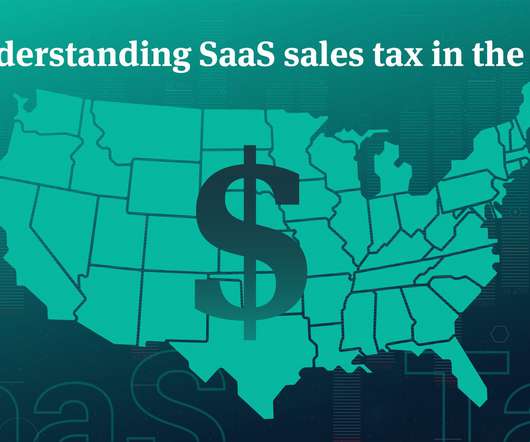5 Things to Know About Accruals
SaaSOptics
MARCH 22, 2022
While we all wish to be like Smaug, counting the cash we have today, SaaS companies need to think ahead. Revenue accruals are how we do that. But instead of counting what we have today, SaaS companies use a ledger to add up all the gold—I mean, cash—that they one day will get. . Revenue Accrual Definition.














Let's personalize your content